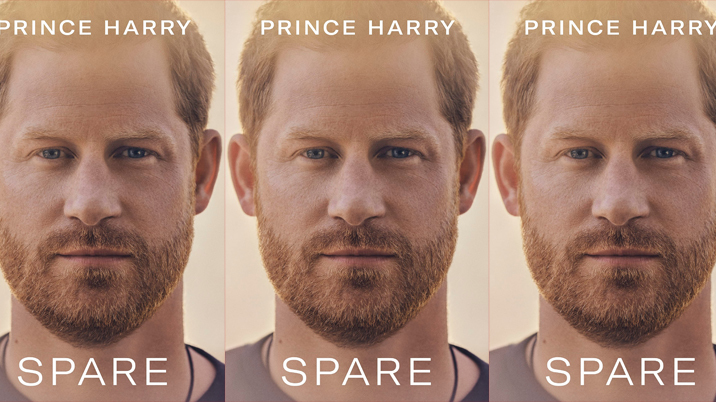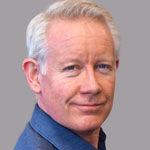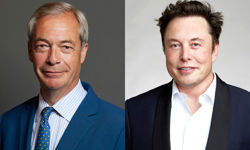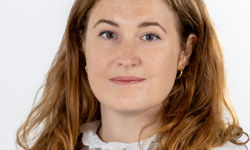
If drinking games are your thing and you were to have downed one every time Prince Harry said ‘the British press’ or ‘leakings, briefings and plantings’ in his interview with Tom Bradby on Sunday evening, you’d be extremely ill right now.
The fixation with Fleet Street was relentless; in Harry’s eyes, the press is the “devil”.
To have to live in the goldfish bowl that is royal life is unenviable, to have your mother – the object of a 24/7 global media frenzy – die when you are only twelve is awful, but as Bradby hinted, the story is perhaps more nuanced than the prince thinks.
Former Sun Editor David Yelland believes that the prince has misunderstood how the palace / press relationship works. He told the BBC: “I never knew a situation where members of the palace press operation ever briefed against another member of the royal family.”
To the extent that stories members of the royal family do not like appear in the press, that's as likely to be the result of journalists cultivating sources amongst friends, acquaintances and employees of the royal family.
That’s what journalists do and is entirely legitimate. The monarchy is a lynchpin of the British state and reporting on it is in the public interest.
Furthermore, as the Guardian’s former royal correspondent, Stephen Bates, wrote this week, “The tabloids do indeed cover the royals intensely and, actually, they mostly get their reporting right.”
Prince Harry appears to have made it his life’s mission to reform the British tabloid press. Well, that horse might have already bolted.
Some of the press’s behaviour in the 80s, 90s and 00s was reprehensible but as Bates says, the press is more restrained now.
Yes, there is still occasional toxic commentary but, I would suggest, much less so than on social media.
As for paparazzi pictures, much of the demand for those is now driven by interest in the royal family from outside the UK. Many of the headlines in the Netflix series were culled from American tabloids and some of the images of banks of photographers were from non-royal events.
The painful public breakdown in Prince Harry’s relationship with his family is sad, but, much as a search for villains is understandable, it is wrong to place all the blame at Fleet Street’s door.
You can catch James Evelegh’s regular column in the InPubWeekly newsletter, which you can register to receive here.












